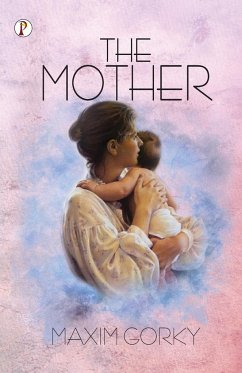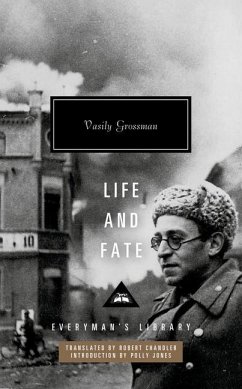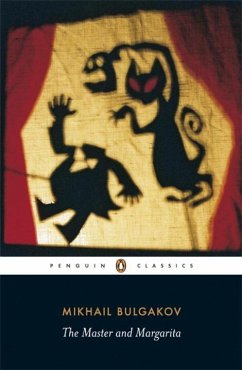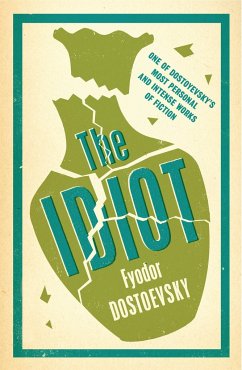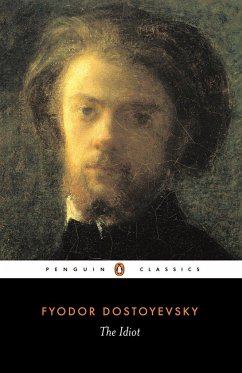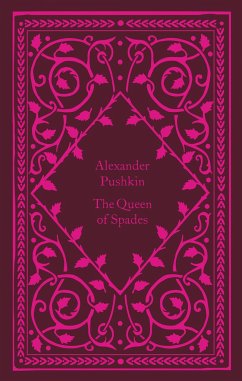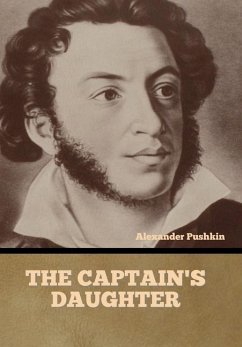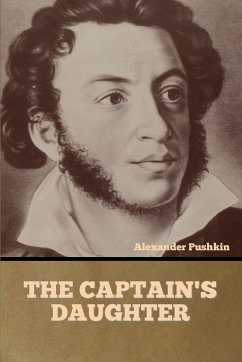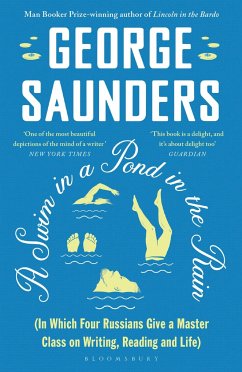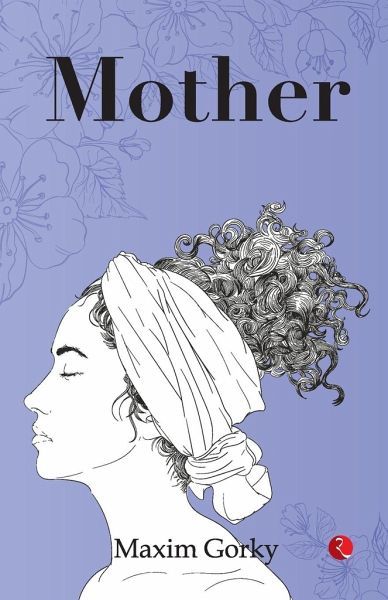
THE Mother
Versandkostenfrei!
Versandfertig in 1-2 Wochen
21,99 €
inkl. MwSt.
Weitere Ausgaben:

PAYBACK Punkte
11 °P sammeln!
Maxim Gorky, the founder of social realism, was a Russian writer who pioneered literary style through his magnum opus, Mother. It is the story of the radicalization of an uneducated, hard-working peasant woman who faces domestic assaults by her husband. Mother raises the suppressed voices of the working-class people and depicts the power of dignity of an individual. Written in 1906, the book still stirs the emotional journey to the soul, showing the protective and selfless concerns of a mother for the crushed spirit of her people. Born of the people, and having experienced in his own person th...
Maxim Gorky, the founder of social realism, was a Russian writer who pioneered literary style through his magnum opus, Mother. It is the story of the radicalization of an uneducated, hard-working peasant woman who faces domestic assaults by her husband. Mother raises the suppressed voices of the working-class people and depicts the power of dignity of an individual. Written in 1906, the book still stirs the emotional journey to the soul, showing the protective and selfless concerns of a mother for the crushed spirit of her people. Born of the people, and having experienced in his own person their sufferings and their misery, he was enabled by his extraordinary genius to voice their grievances and their aspirations in the book that has stood the test of time.





